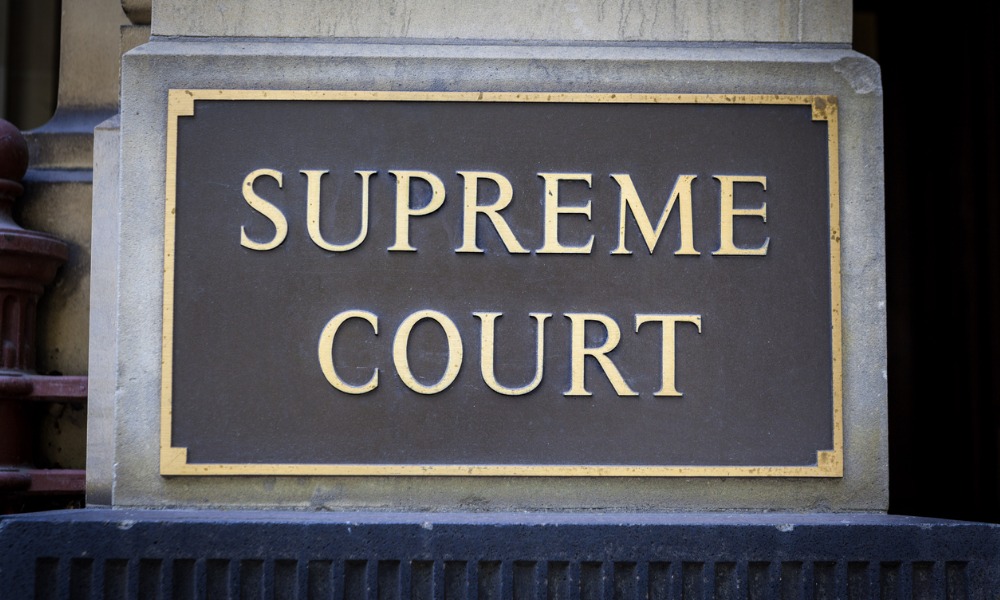
The court may issue subpoenas provided the arbitral tribunal has given permission

The Supreme Court of Victoria has granted an application to issue subpoenas in an ongoing arbitration involving a dispute over a contract for managing fit-out works at a property in Mulgrave.
In Carlisle Homes Pty Ltd v Schiavello Construction (Vic) Pty Ltd [2024] VSC 283, Carlisle Homes filed an application seeking subpoenas under s. 27A of the Commercial Arbitration Act 2011 (CAA) to compel three parties to produce documents related to the installation and commissioning of various mechanical services at the Mulgrave property.
Carlisle provided brief submissions and supporting material to justify the relevance of the subpoenas to the arbitration. The documents requested are critical to issues regarding the installation and testing of mechanical services and the achievement of Practical Completion under the contract. The application was unopposed, with the arbitrator providing a letter of consent.
Section 27A of the CAA allows the court to issue subpoenas for examination or document production upon an application by a party, provided the arbitral tribunal has given permission. Rule 9.14 of the Supreme Court (Miscellaneous Civil Proceedings) Rules 2018 regulates subpoenas in domestic commercial arbitration.
In support of the application, Carlisle submitted affidavits including the arbitrator’s permission. The documents requested are vital to the arbitration, covering installation data and other materials relevant to the project's commissioning and certification.
The High Court emphasised the court’s supportive role in arbitration, noting that while some deference to the arbitral tribunal is appropriate, the court must ensure the reasonableness of the subpoenas. The court must confirm compliance with the CAA and assess the necessity and relevance of the documents requested without acting as a mere "rubber stamp."
In typical cases, the applicant is not required to notify other parties or the addressee before issuing a subpoena. This approach aims to minimize costs and delays in arbitration. However, under Order 42 of the Supreme Court (General Civil Procedure) Rules 2015, a party with sufficient interest may apply to set aside the subpoena.
In this case, the court, after reviewing the affidavits and the arbitrator’s permission, found the application compliant with relevant laws and reasonable for issuing the subpoenas. Both parties appeared at a brief hearing and agreed on the form of orders.
Ultimately, the court’s decision underscored its role in facilitating arbitration by ensuring necessary evidence can be obtained while balancing the interests of non-parties and the efficiency of the arbitral process.